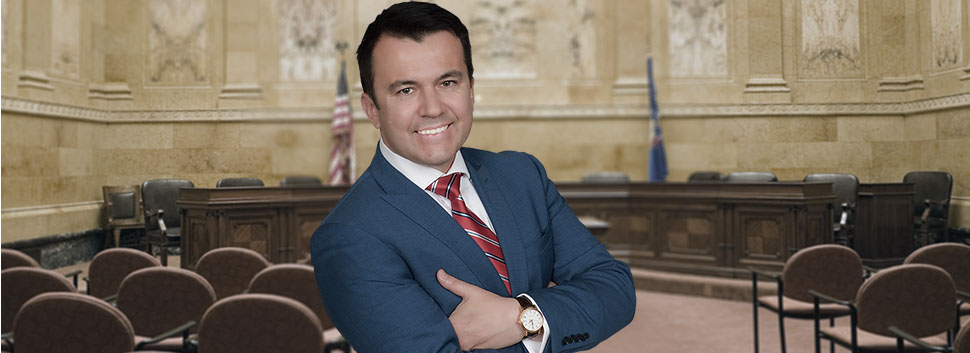The American Rule in Legal Fees: Why Each Party Pays Their Own Lawyer
The American Rule is intended to encourage access to the courts. If losing a case meant automatically paying the other side’s legal fees, many people might be afraid to pursue valid claims. This rule ensures that litigation is not just a tool for the wealthy. However, critics argue that it allows frivolous lawsuits to flourish since plaintiffs do not face the risk of paying the defendant’s attorney’s fees if they lose....
Continue reading













